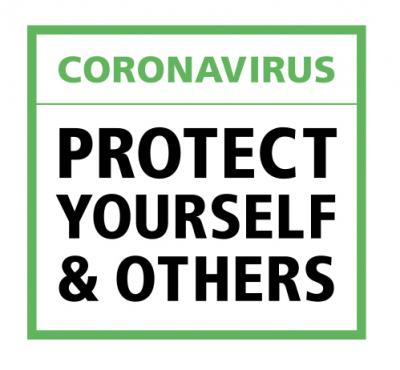MPs are due to vote on proposals for a national lockdown tomorrow. If approved the measures will be introduced at 00.01am on Thursday and remain in place until Wednesday 2 December.
The main restrictions will be that:
- people must stay at home except for education purposes, work (if it can't be done from home), exercise and recreation, medical reasons, shopping for food and other essentials, or to care for others
- all bars, pubs and restaurants must close (takeaways and deliveries can continue)
- all non essential shops must close (except for click and collect). A full list of business closures will be published and set out in law
- schools, colleges and universities will remain open; places of worship remain open for individual prayer and funerals
- workplaces should stay open if people cannot work from home, though the clinically vulnerable are advised not to go into work if they can’t work from home
- households will not be allowed to mix with others indoors, or in private gardens
- individuals can meet one other person who is not a member of their household in an outside public space
- support bubbles can continue, and children can continue to move between homes if their parents are separated
- outdoor exercise and recreation will be allowed, but gyms must close
For full details of the proposed measures, please visit GOV.UK.
Throughout lockdown, people should continue to follow the Hands, Face, Space guidance – wash your hands regularly, wear a face covering where required and stay 2m apart (1m+ where this isn't possible) from anyone who isn't a member of your household or bubble – and get a Covid-19 test as required.
At the end of the lockdown period, it is expected that regions will return to the tiers one to three, depending upon the rates of infection. Wolverhampton is currently subject to Covid-19 High Alert (Tier Two) restrictions.
The move, announced by the Prime Minister on Saturday, comes as latest data shows there were 262.01 cases per 100,000 people in Wolverhampton over the seven days to 31 October, compared to 250.6 the week before. This means that nearly 700 people in the city tested positive for the virus in the final week of October.
At the same time, there has been an increase in hospital admissions week on week since September, and this is the same up and down the country – a stark reminder that Covid-19 is still very much causing hospitalisation.
It takes around a fortnight for today’s Covid-19 infections in the community to result in hospital admissions. But the new measures will help reduce the number of admissions beyond that, preventing more people contracting this disease.
Leader of the City of Wolverhampton Council, Councillor Ian Brookfield, said: “Despite everyone’s very best efforts, the number of Covid-19 cases locally and nationally is continuing to rise, and an increasing number of people are being hospitalised or even dying because of this terrible virus.
"The first lockdown in March and April had a clear impact in dramatically cutting the spread of Covid-19 at a time when we, as a nation, were really staring down the barrel.
“We’re in the same situation again, and so we need once more to come together as a city and look after those who need our protection and help the most. We can do this by sticking to the rules, caring for each other and beating this virus together.”
John Denley, Wolverhampton’s Director of Public Health, added: "The people of Wolverhampton have made huge sacrifices over the last few months and I thank every one of them for their efforts.
“Now we must go even further in the fight against Covid-19. Everyone has a pivotal role to play so please continue to do all you can to control the virus, protect the NHS and save lives.”
The latest information and guidance around coronavirus is available at GOV.UK and on the council’s own coronavirus pages. For full details of the High Alert restrictions, and the answers to frequently asked questions, please visit Covid Alert.
Symptoms of Covid-19 include a fever, a new, continuous cough and loss or change to a person’s sense of taste and smell. To book a test, visit GOV.UK or call 119. People can get tested within 8 days of developing symptoms.
